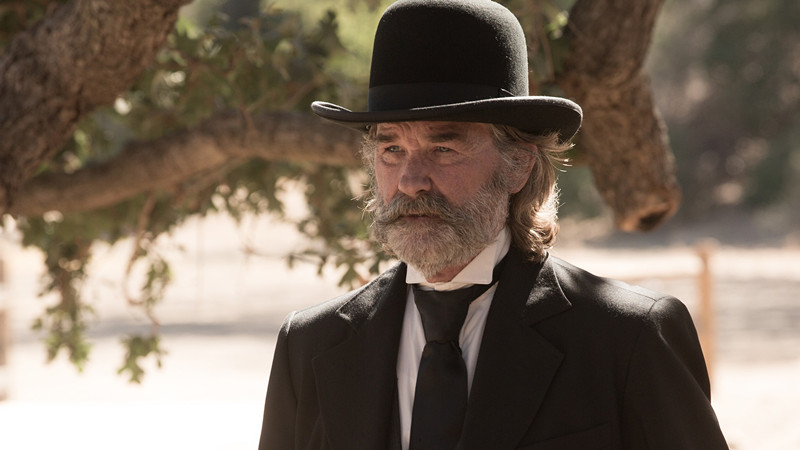
Orson Welles shouldn’t be blamed for launching the myth of the baby auteur, as Citizen Kane is the exception that proves the rule. For all that movie’s formal daring, it’s a mature, sophisticated work concerning the ravages of time and ambition, themes that very few 25-year-olds have any interest in exploring. Given Hollywood’s long-standing reverence for youth, nothing feels more natural in this industry than a bratty director talking down to a crew of veteran professionals.
What’s far more unnatural these days is for someone to take on the director’s chair after forty, when they’ve either been pigeonholed in some other industry role, or simply don’t come with the appealing myth of the born filmmaker, who was such a natural they needed neither time nor schooling. Late bloomers are far less popular narratives, as they remind people how twists of fate can slow or stall ambitions. Particularly in America, where people are blamed for their own bad luck.
And it’s easy to ignore how the debuts of wunderkinds frequently get graded on a curve, with critics and audiences often tempted to praise the potential on display, while forgiving the flaws as merely youthful indiscretions. But here are ten people that beat the odds, taking the director’s chair later in life, and delivering debuts that would be remarkable even if they’d been making movies since they were in high school.
1. The Big Day (Jacques Tati, Age 42, 1949)
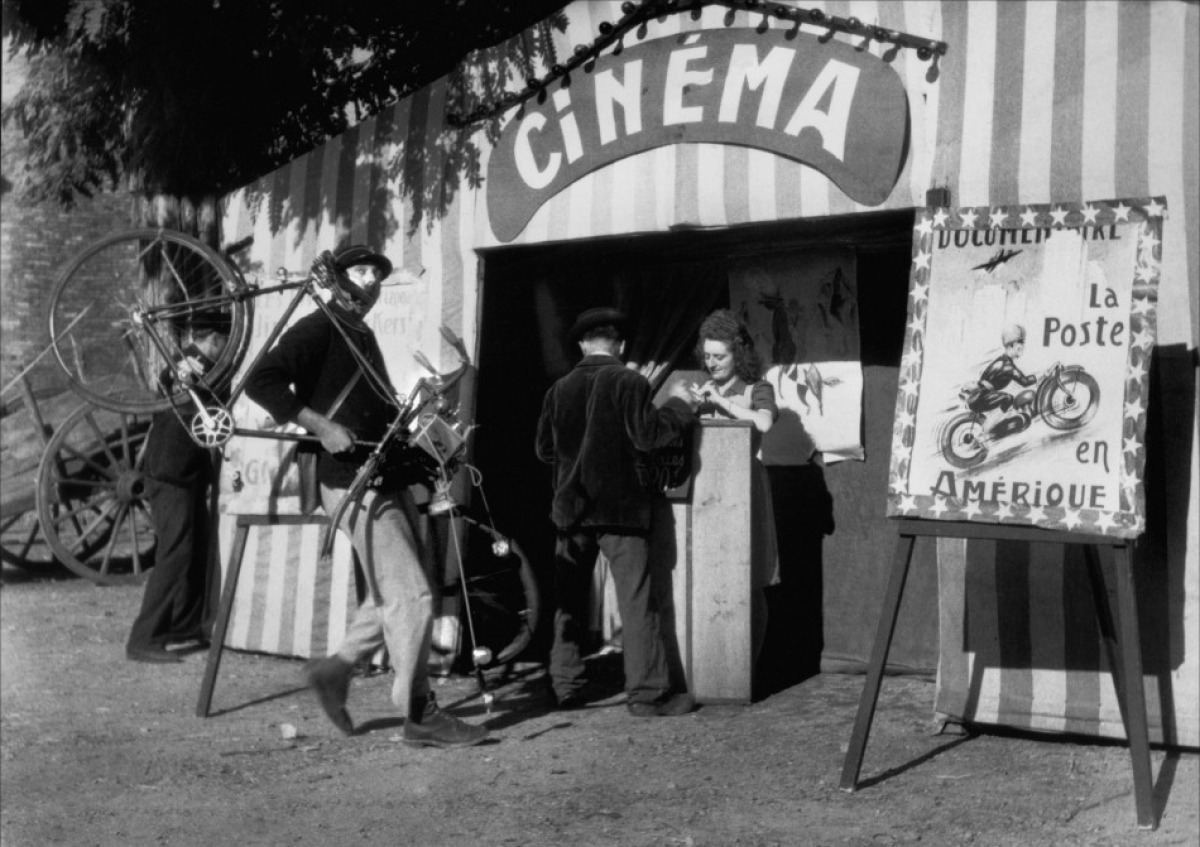
Chaplin and Keaton both had long stints in vaudeville before becoming pioneers of film comedies as performer/directors, and Jacques Tati was the last titan to follow in this tradition. All three of them perfected their timing and balletic gags on the tightrope of live audiences. But unlike his American grandfathers, Tati’s career trajectory was interrupted by events out of his control, in this case, World War II.
Tati had begun to dazzle cabaret audiences in the thirties and even acted in a handful of shorts, but he ended up in the army until the Germans routed the French. He returned to civilian life for the rest of the Occupation, playing clubs until the Allies freed the country. Once the war ended, Tati launched a film company and by 1949, he’d direct and star in his debut, a comedy about an incompetent postman delivering mail in a small French village on the day a carnival comes to town.
His gifts as both performer and director are in full view here, with a novel approach of staging his pratfalls around slices of ordinary life, where they feel all the more organic. There are quite a few innovative touches here, as when a local girl flirts with a carnival worker, the dialogue from a cheap Western film playing at a tent nearby can be heard. The cliched banter allows these two to say what they’d really like to say, if they weren’t so shy. And Tati demonstrates his immense gifts as a physical comedian as his befuddled, pompous postal worker can’t seem to walk two steps without trouble. The movie stands as a sweet delight, celebrating the whole of that French village, and letting that postman achieve his own kind of grace.
2. The Seventh Continent (Michael Haneke, Age 47, 1989)
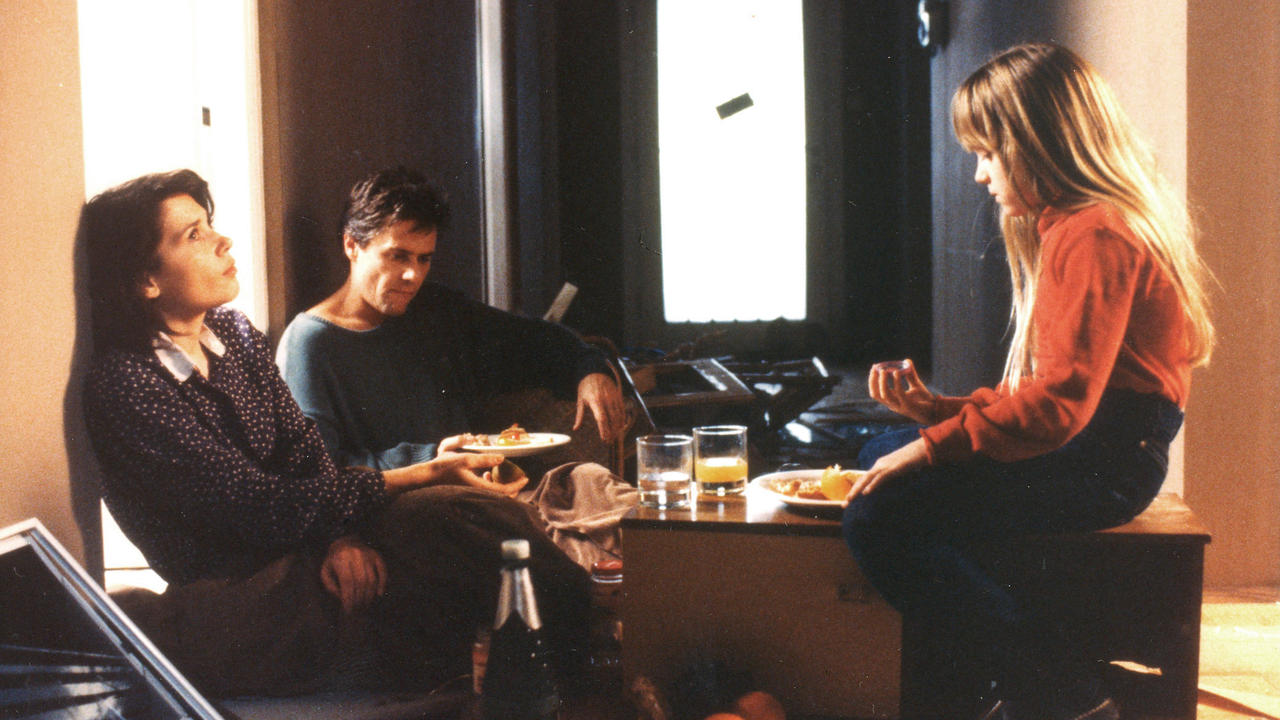
Michael Haneke loves long fuses, and his very career can be seen as one. A disinterested student who spent more time at local movie houses than in class, he wandered about for some time, eventually working as a TV director in Austria before making his first feature a few years shy of his fiftieth birthday. But The Seventh Continent was as audacious as anything a 22-year-old film grad would make, save for one difference.
The Seventh Continent charts the alienation of a middle-class family, whose faces aren’t shown until 15 minutes into the picture. There are only toothbrushes, door knobs and shopping carts, fingers poking at calculators and registers, the sudsy tumult of a drive-through car wash, as Haneke zooms in on the detritus of a comfortable life until it all seems foreign and unsettling. Mother, father and daughter all seem ill at ease with any kind of emotion, but we can sense something terrible is brewing.
Any smart, contrarian kid will buckle under the pretensions and hypocrisies that allow suburbs to be so comfortable, but Haneke isn’t suggesting that the family’s odd behavior is some romantic kind of rebellion. This family isn’t superior, but severely damaged. The violent third act feels more like a surrender by the characters, driven by exhaustion rather than rage. Only someone who’s spent a few decades getting up in the morning, doing taxes and managing one’s household will appreciate this, and that perspective sets this apart from so many other movies about middle class malaise.
3. Lucky (John Carroll Lynch, Age 54, 2017)
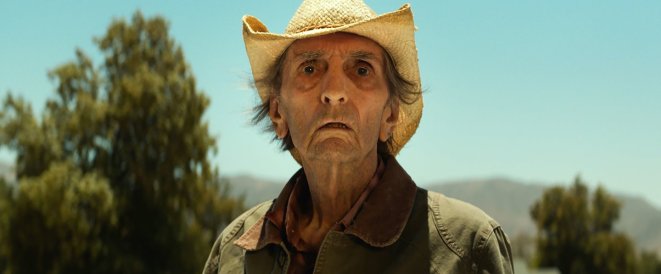
John Carrol Lynch has long been an unappreciated character actor, using his outsized physical bearing to terrify in the likes of David Fincher’s Zodiac or Karyn Kusama’s The Invitation, or to comfort as a life-sized teddy bear, like he did as Frances McDormand’s sweet hubby in Fargo. And as such, his directorial debut feels most like a love letter from one great character actor to another.
Lynch’s debut serves as a swan song for Harry Dean Stanton, an uncompromising presence in cult movies and a few blockbusters, who made getting old seem cool, as with each passing year he gave less of a shit, and embraced more of his natural weirdness. Here, Stanton plays the title character, a 90-year old small-town rebel who never learned how to play nice, and as he faces the realities of getting older, folks are expecting this testy atheist to find God or at the least, mellow out. It’s exactly the kind of low concept character study that seems so easy to pull off, but isn’t.
Lynch knows how to build a lived-in, credible world, hold on a reaction for the line to get a laugh, and let all the performers breath in a way that Robert Altman would admire. Sure, it’s a quiet, gentle movie, but there are big laughs and Stanton’s Zen facade reminds audiences how much he could do if the camera stayed on him, instead of moving on to any other movie’s less interesting lead. Lynch never treats Stanton as some cute old coot, but a man reckoning with how he’s lived his life, and how that influences everyone around him. Lynch may not the make another movie, but this proves he should. There’s too few people with the good-natured honesty on tap here and one hopes Lynch at least gets to makes his own swan song when the time comes.
4. Kiss Kiss Bang Bang (Shane Black, 44, 2005)
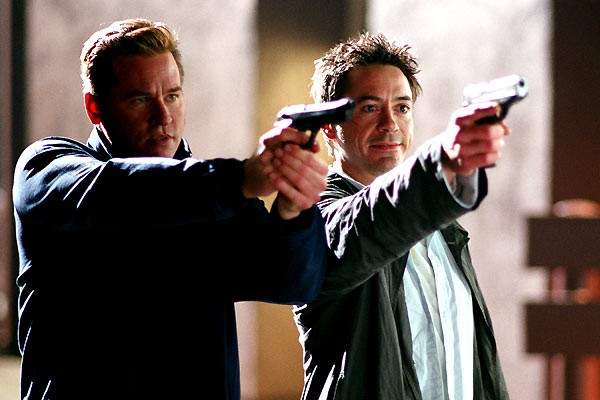
Shane Black is an interesting anomaly here: an enfant terrible screenwriter during the heyday of the spec sale, when people could land a million-dollar payday for a single script. His broke through with Lethal Weapon, which by virtue of defining the next twenty years of buddy cop exercises, tends to overshadow how unique his dark action comedies were. And they were all black comedies of a sort, reveling in macabre banter and shocking violence. It didn’t help that Black wasn’t performatively humble during his rock star days, in an industry practically fueled by jealousy and insecurity.
And so, when two of his monster sales turned into box office bombs (The Last Action Hero ,The Long Kiss Goodnight), few folks were eager to give a bratty millionaire another shot. Eventually, the legendary producer Joel Silver invited Black back to the party, and produced his directorial debut. The result would serve as a comeback for both Black and its star, Robert Downey Jr.
With Black directing, the laughs land all the more, in this meta-noir about a thief with a heart of gold (Downey) fumbling into a murder mystery with his only allies being a childhood crush (Michelle Monaghan) and a gay private detective (Val Kilmer). It’s a sour tongued treat, and one of the best movies of its kind of the last twenty years, shamelessly living up to the genre’s expectations with a wink and a middle finger. Even after taking some abuse on his way down, Black offered a comeback that still feels like that of a precocious youngster screwing around, only this time with the pathos of knowing he won’t get to do this forever.
5. Violent Cop (Takeshi Kitano, 42, 1994)
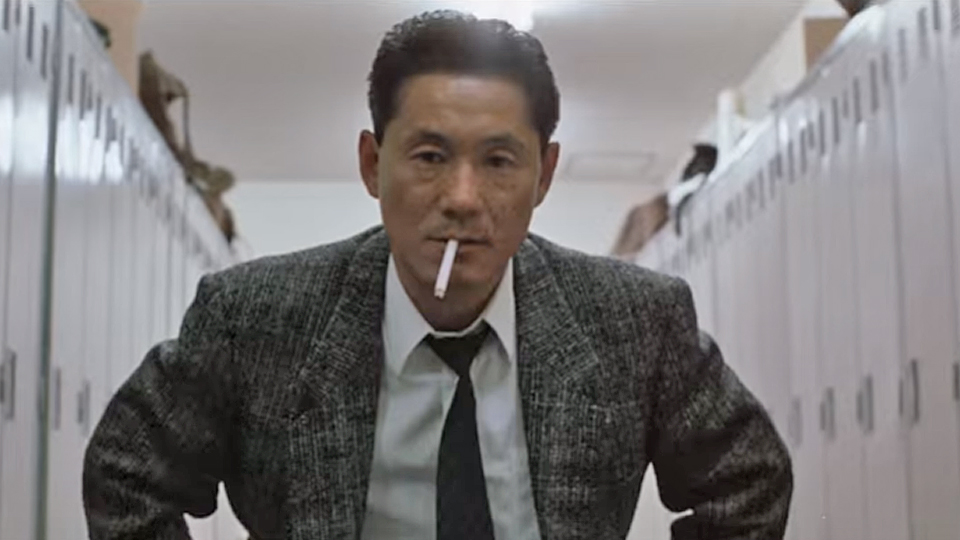
Since the seventies, Kitano was a celebrated comic in Japan, first as part of a duo, then going solo, eventually becoming one of the biggest comedians in the country. But what came next was the equivalent of Richard Pryor directing himself in Dirty Harry and becoming the next Clint Eastwood, as Kitano would gain global acclaim directing himself in one brutal crime drama after another.
This is not to say that his debut, or any of his directing work, is without its sense of humor. Violent Cop takes the most shopworn of plots and with its oddball execution, transforms it into a strange, exhilarating genre experiment. Kitano plays Detective Asama, who is less a one-man justice machine than a full-time bully, who pursues a yakuza mobster after his corrupt partner is killed and his sister is kidnapped. He stomps and shoots his way through town with little concern for proper procedures or innocent bystanders.
As unremarkable as this sounds, Kitano keeps twisting expectations by breaking genre conventions, as when Asama’s methods actually get him thrown off the force or when his unorthodox approach makes it impossible to save the day. But at the same time, Kitano inflates his character’s prowess, becoming virtually bulletproof as he marches around, slaughtering bad guys. Somehow, Kitano’s schizophrenic approach produced a uniform tone, funny and fascinating, rooted in his deadpan face and garish brutality.